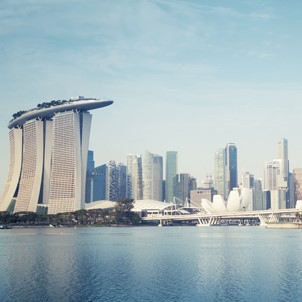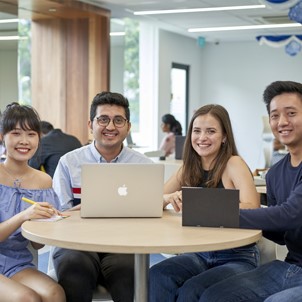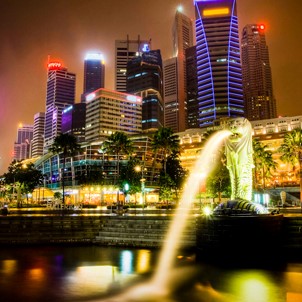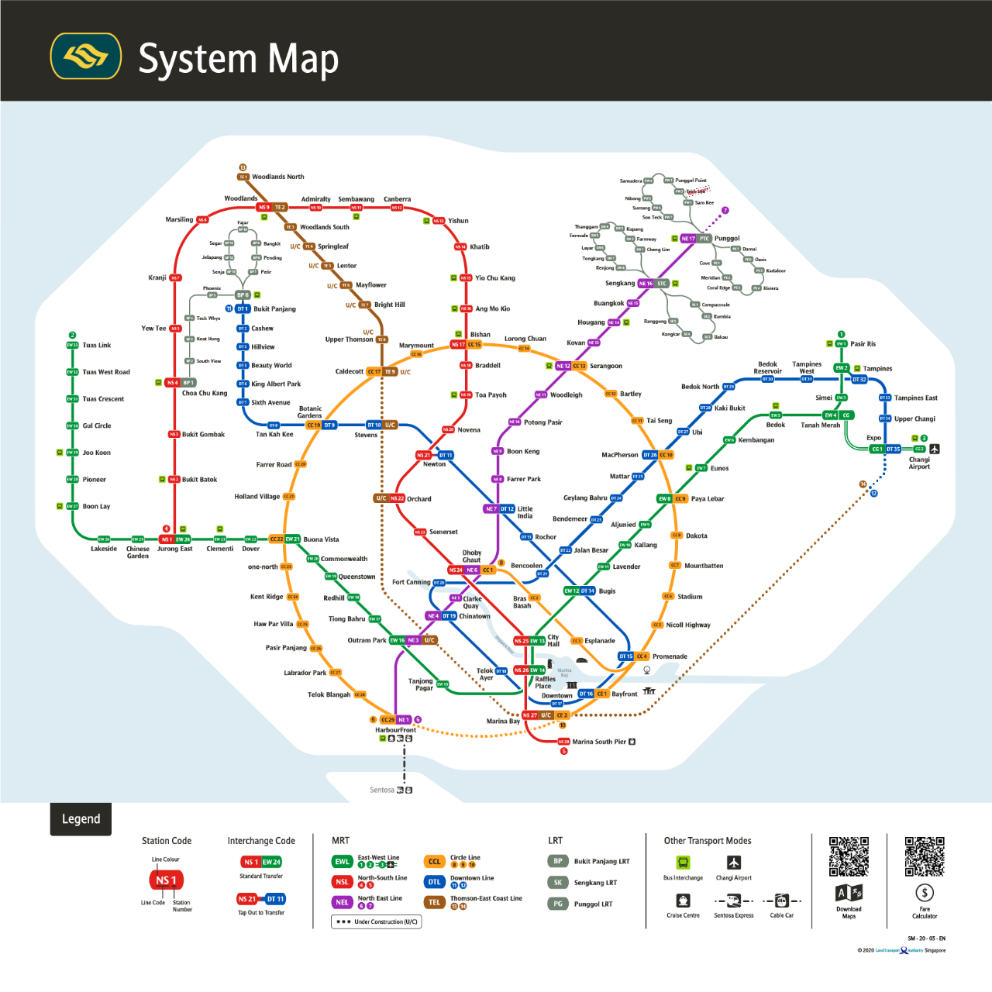Current Students Accommodation Living in Singapore
Living in Singapore
- Degree & Masters Courses & Study in Singapore
- Study at JCU
- Global Experience
-
Current Students
- Campus Maps & Contact Information
- News
-
Accommodation
- Accommodation Search
- Living in Singapore
-
Off-Campus Accommodation
- Brickhouse @ Sims
- Bespoke Habitat - Avon Park (TWO)
- Bespoke Habitat - Le Shantier (M)
- Bespoke Habitat Tre Residences (3E)
- Bespoke Habitat - Twin Heights (M)
- Bespoke Habitat - M Suites
- Bespoke Habitat - Torieview Mansions
- Bespoke Habitat Palm Lodge (HS)
- Coliwoo – 320 Balestier
- Coliwoo – Orchard
- Coliwoo – Lavender Collections
- Coliwoo – 450 Serangoon Road
- The Campus by The Assembly Place
- De Cozy @ Central Imperial
- De Cozy @ Atrium Residences
- De Cozy @ The Diamond
- De Cozy @ Shrewsbury
- De Cozy @ Casa Aerata
- De Cozy @ Belimbing
- De Cozy @ Canne Ville
- De Cozy @ One Leicester
- De Cozy @ Sims Urban Oasis
- De Cozy @ Mackenzie Regency
- Evo Global Services @ Euro-Asia Court
- Evo Global Services @ The Regalia
- Evo Global Services @ Sunshine Plaza Residences
- TY Solution @ Loft 68
- CozyHouz Service Provider @ Wai Wing Centre
- CozyHouz Service Provider @ New Court
- CozyHouz Service Provider @ Horizon Towers
- CozyHouz Service Provider @ Trellis Tower
- Dash Living @ Atrium Residences
- Dash Living @ TRE Residences
- Dash Living @ Sims Urban Oasis
- Dash Living @ Simsville
- Dash Living @ Esta Ruby
- Dash Living @ Versilia On Haig
- Dash Living @ Central Grove
- Dash Living @ The Waterina
- HomeyDays @ Sims Dorado
- HomeyDays @ Kim Keat House
- HomeyDays @ Aston Mansions
- HomeyDays @ St. Francis Court
- HomeyDays @ One Saint Michael's
- HomeyDays @ Sennett Estate
- HomeyDays @ Sennett Residence
- HomeyDays @ The Aberdeen
- HomeyDays @ Woodsville 28
- Tok Investment @ Rezi26
- Cove Living @ Atrium Residences
- Cove Living @ TRE Residences
- Cove Living @ The Meyer Place
- Cove Living @ Park 1 Suites
- Cove Living @ Eight Riversuites
- Cove Living @ The Centren
- Cove Living @ The Alcove
- Cove Living @ 22 Joo Chiat Terrace
- Cove Living @ 460 Geylang
- Cove Living @ Cassia View
- Cove Living @ Sims Residences
- Xcel Apartments @ Canne Lodge
- Xcel Apartments @ The Trumps
- HomeyDays @ Canne Ville
- HomeyDays @ 8 Riversuites
- HomeyDays @ Butterworth 8
- HomeyDays @ Intero
- HomeyDays @ Kovan Residences
- DR Pacific Holdings @ Vinga Hall Rangoon
- DR Pacific Holdings @ Vinga Hall Beng Wan
- Milchel @ Milchel Tertiary Hostel
- Great World Serviced Apartments
- Housing Development Board Apartment (HDB)
- Accommodation FAQs
- Arrival Pick-Up Information
- Student support services
- Student Clubs
- Facilities
- Campus Culture
- Calendars & Timetables
- You said it. We did it.
- JCU Privilege Programme
- The Dean's List: Recognising Academic Excellence
- Student’s Pass Application Guide
- Book Prizes for the year 2021
- Book Prizes for the year 2022
- Book Prizes for the year 2023
- Book Prizes for the year 2024
- Book Prizes for the year 2025
- Book Prizes for the English Language Preparatory Program (ELPP) 2022-2023
- Book Prizes for the English Language Preparatory Program (ELPP) 2024
- Book Prizes for the English Language Preparatory Program (ELPP) 2025
- Book Prizes for the English Language Preparatory Program (ELPP) 2026
- Outbound Exchange
- About Us
- Research
- Newsroom
- Events
- Applying and Enrolment
- Staff
- Students
- Alumni
- Privacy Policy
- Terms of use
- James Cook University, Singapore Mobile App
- JCUS Student Code of Conduct
- Staff Email
- LearnJCU
- eACCPAY
- Intranet
- Facilities Booking
- ResearchOnline@JCU
- Merit Scholarships
- JCU Graduation
- LearnJCU Help Guides
- 詹姆斯库克大学新加坡校区
- Tropical Futures Institute
- Move-Up Scholarships for Current Students
- Annual Report 2020
- Clubs & Societies Redirect
- LC APA 7th Resources Redirect
- Rankings
- Sustainability
- School of Business
- University Pathways Discovery Week
Living in Singapore
 | Thrive comfortably With convenient access to Southeast Asia and the rest of the world, Singapore is a place sought-after by many who want to pursue personal growth. The country also offers state-of-the-art facilities for education, shopping, sports and recreation. |
 | Best of both worlds Whether you love the ease of city life or fancy a walk on the wild side, Singapore has plenty of both to spare. |
 | Vibrant and diverse communities You will experience a wide range of cultures, festivities, and practices from different parts of the world. No matter how novel your interests are, the city is filled with people who share them. |
 | Safe & secure environment Singapore is one of the safest cities to live and study in — with well-lit streets, low crime rate, and safe public transport systems. |
 | Never a dull moment Love nature, interested in the arts, or simply enjoy chasing excitement? Singapore has a wide selection of leisure activities within easy reach — from the beaches of Sentosa Island to the flora of Gardens by the Bay, and many more. The various shopping centres and sporting facilities also offer plenty of entertainment. |
 | Delight your taste buds This food-obsessed nation has Michelin-starred delicacies and international cuisines, as well as unique fusion dishes and timeless hawker favourites. Whatever it is, you can taste it all. |
Learn more:
The average living cost in Singapore for an international student is estimated to be $1230 to $3200 per month. This amount will depend on the individual’s lifestyle.
The following table serves as a guide for budgetary purposes only.
| Item | Cost Per Month | Comments |
|---|---|---|
| Accommodation | $550 – $2000 | Rental varies with the geographical area, type of accommodation, demand, facilities provided, and the number of people sharing the unit. |
| Meals | $450 – $600 | Expense is calculated based on $15 – $20 per day for 3 meals at a hawker centre. |
| Public Transportation | $100 – $150 | Amount varies depending on the travel distance and preferred mode of transport. |
| Telecommunications | $30 – $50 | Amount depends on usage and telecom packages subscribed. |
| Personal Expense | $100 – $400 | Expenses vary with individual spending habits. |
If you are holding on to a Student Pass in Singapore, you are only allowed to work if you meet specific requirements.
You are not allowed to work if:
- you are not studying in an approved institution, or
- you are an exchange student doing study modules in Singapore.
Source: Ministry of Manpower
By Train
Singapore’s MRT (Mass Rapid Transit) system is probably the fastest way to zip around the city. Most of our popular attractions are just a short walk away from an MRT station, making our trains a great way to get around.
Visitors can use the following options for MRT journeys:
- Get a Singapore Tourist Pass, a special EZ-Link stored-value card which will allow you unlimited travel for one day (S$10), two days (S$16) or three days (S$20).
- Adult Stored Value Smartcard (EZ-link/Nets FlashPay): All international student will receive a James Cook University Singapore Nets Flashpay, which comes with a stored value of $5. You can also purchase this card at any Transitlink Ticket Office or convenience stores.
Train fares range from $0.92 to $2.17, depending on travel distance.
Singapore Rail Network Map
By Bus
Besides being an economical way to get around, it is also one of the most scenic – you will be able to indulge in air-conditioned comfort, as you admire the lush greenery and beautiful architecture of our ‘city in a garden’. You can pay for your bus fare using an adult stored value smartcard (EZ-link/Nets FlashPay) or the Singapore Tourist Pass. Just keep an eye out for the electronic card reader – located next to the bus driver – and tap as you board.
Bus fares vary from $0.92 to S$2.17 per trip, depending on the distance of travel.
By Taxi
Taxis are comfortable and especially handy if you want to go to places not accessible by the bus or MRT. Cabs here are metered, but there may be surcharges depending on when, where and which company’s taxi you board.
You can hail a taxi by the roadside in most places, or by queuing for one at a taxi stand, which you will find at most malls hotels and attractions.
Standard taxi fares start from $3.20 to $3.90 and a 10km trip should usually cost around $9.00.
For further information on taxi fares and charges, please visit the Public Transport Council website.
Transport Apps
- Mytransport.sg | iOS | Android
- SMRTConnect | iOS | Android
- SG Buses | iOS | Android
- GOJEK | iOS | Android
- Grab | iOS | Android
- ComfortDelGro Taxi Booking | iOS | Android
Source: Visit Singapore
Singapore is situated near the equator and has a typically tropical climate, with abundant rainfall, high and uniform temperatures, and high humidity all year round. Many of its climate variables, such as temperature and relative humidity, do not show large month-to-month variation.
Singapore’s climate is characterised by two monsoon seasons separated by inter-monsoonal periods. The Northeast Monsoon occurs from December to early March and the Southwest Monsoon from June to September.
Compared to countries in the temperate regions, temperatures in Singapore varies little from month to month and also from day to day. The daily temperature range does not usually fall below 23 – 25ºC during the night and not rise above 31 – 33ºC during the day.
Rainfall is plentiful in Singapore and it rains an average of 167 days of the year. Much of the rain is heavy and accompanied by thunder.
Relative humidity shows a fairly uniform pattern throughout the year and does not vary much from month to month. The mean annual relative humidity is 83.9%.
Source: Meteorological Service Singapore
When considering opening a bank account in Singapore, you can refer to the table below. Please bring along with you the documents indicated in the table when you visit the bank.
Banks | Documents To Bring | Links |
|---|---|---|
DBS / POSB |
| |
OCBC |
Please take note of the following.
- All bank account applications are subjected to approval.
- Remember to ask for an ATM card so that you could withdraw cash conveniently at the automated teller machines (ATMs).
- Banks may charge a small fee of $2 per month if the account balance for the month falls below a stipulated amount (usually $500).
- James Cook University Singapore is not affiliated with any bank. You are responsible for your financial arrangements with the bank. James Cook University Singapore will not be involved in any dispute between you and the bank.
